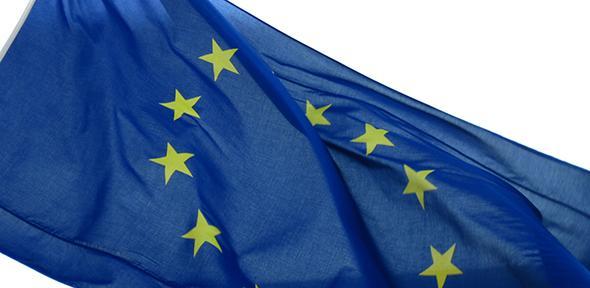
The Vice-Chancellor, Professor Sir Leszek Borysiewicz, reflects on the result of June's referendum and reaffirms that Cambridge will maintain its position as a global leader in research and teaching.
We will seek the opportunities that arise from Brexit – not least the opportunity to emphasise our vocation as an outward looking institution, engaging more widely and more intensively with the world.
Vice-Chancellor Professor Sir Leszek Borysiewicz
“It has been almost five months since we woke up to the news that a majority of the British electorate had voted in favour of the United Kingdom leaving the European Union. Although we are still not entirely sure what “Brexit means Brexit” actually means, we are beginning to get a clearer sense of the impact this event is likely to have on the University when it happens.
“There is a much at stake. Cambridge has been successful at attracting funding from the EU through competitive grants. As much as 17 per cent of the University’s research income currently comes from the EU. This funding has allowed our researchers to work on subjects ranging from machine learning to the prevention of pandemics.
“We have welcomed the government’s statement that European funding awarded to projects before Brexit will be underwritten by the Treasury – even when such projects extend beyond the UK’s departure from the EU.
“In the meantime, University researchers have continued to apply for – and win – large European grants. Cambridge applications for major European awards are being made in record numbers. European funding will underpin a major Cambridge-led trial of innovative ways of managing diabetes in children. The EU has confirmed that Cambridge will again be coordinating joint research activity carried out by a consortium of astronomy institutes around Europe.
“Our excellence in research remains undiminished. More worrying than the loss of research revenue, however, is the damage to the networks of collaboration on which the advancement of world-class science depends today. Over 60 per cent of the UK’s internationally co-authored papers involve partners in the EU.
Global community
“I have repeatedly spoken out against policies that will hinder the mobility of UK and EU citizens. The University depends on the talent of students and staff from across the world. Almost a quarter (23 per cent) of the university’s academic staff (including 27 per cent of our postdoctoral researchers) are non-UK EU nationals.
“One in ten of our undergraduate students, and 17 per cent of our postgraduates, are from EU countries other than the UK. The government’s recent announcement that EU nationals applying for university places in the 2017-18 academic year will be eligible for student funding support for the entirety of their course offers some much needed reassurance. We continue to take steps to ensure that Cambridge is not only an attractive destination for people wishing to study and work, but also that it remains an open and welcoming environment for all. Our commitment to Europe runs deeper than our access to research funding, or even the fundamental issue of student and staff mobility. It is a commitment to a shared cultural and intellectual heritage, of which Cambridge is a pillar. On this issue, the University has a duty of leadership that it will not forsake.
“Even as the UK prepares to leave the EU, Cambridge cannot afford to cut itself off from the global community of scholars of which we are an inextricable part. As members of that global community comprising students, staff and alumni, it is our responsibility to ensure that Cambridge continues to thrive in spite of the UK’s departure from the EU. We will seek the opportunities that arise from Brexit – not least the opportunity to emphasise our vocation as an outward looking institution, engaging more widely and more intensively with the world.
“One important lesson from the June referendum concerns the widespread sense that the goals of institutions like ours no longer reflect society’s aspirations. This impression is wrong. When the communities we serve no longer believe that we have their interests at heart, it is our responsibility to engage and communicate to them the impact of the University’s work.
“In the months ahead, we will continue to work with the UK government as it negotiates the terms of the UK’s exit. We will also continue to make a contribution, by means of open and free discussions, to a wider understanding of how we reached this juncture, and what the future may hold.
“As we set down the uncharted path towards the UK’s exit from the EU, we need to make a stronger case than ever for our role as an institution that contributes to the public good. In this endeavour, we rely more than ever on our global network of alumni – in the UK, in Europe, and around the world.”
The Vice-Chancellor’s comments first appeared in the Michaelmas 2016 edition of the Cambridge Alumni Magazine.
